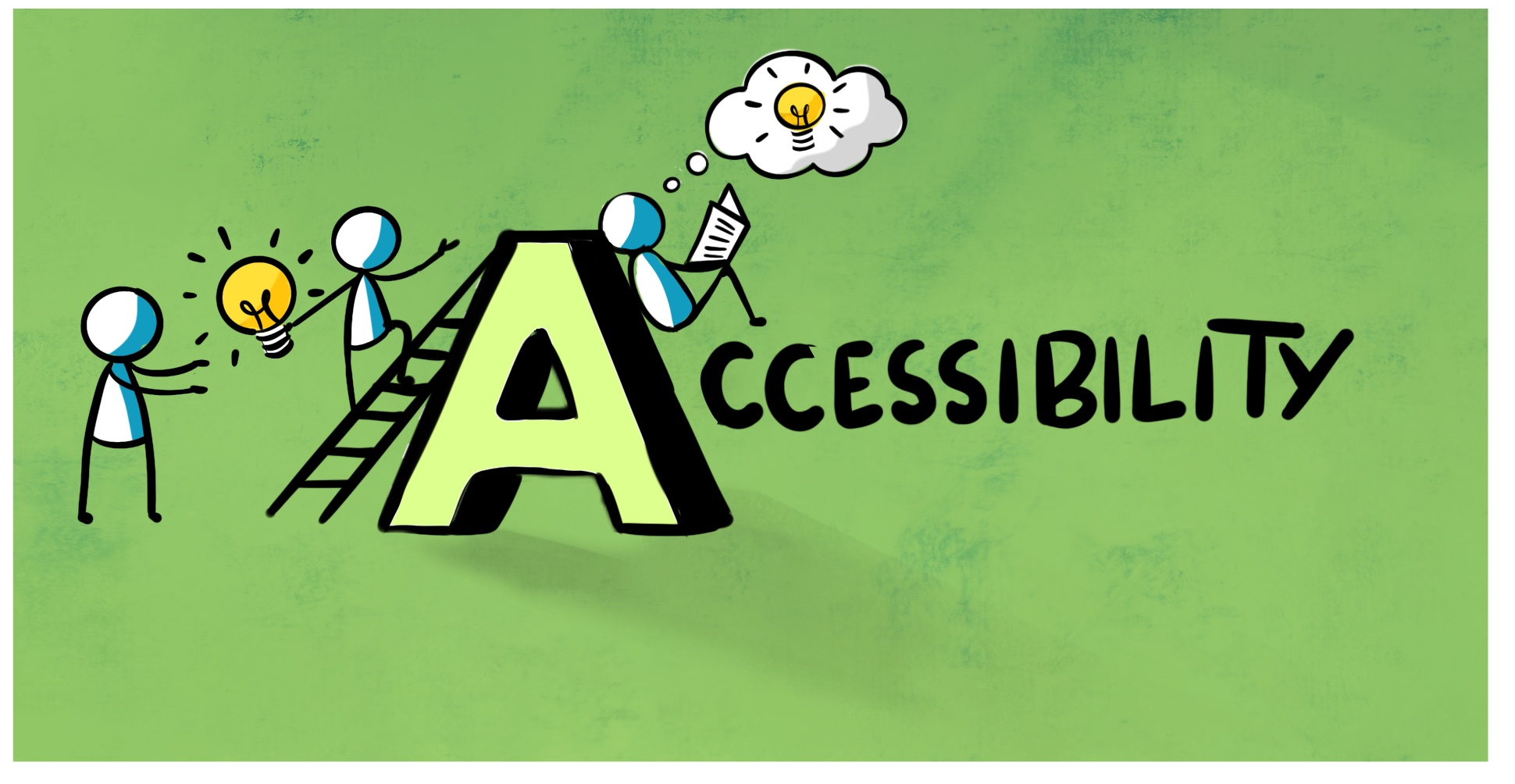Current research programme
The evidence base underpins our inspection standards that probation and youth justice services need to meet, both as an organisation as a whole and in their work with individual people on probation and children.
We seek to develop the evidence base in a number of ways, including through secondary analysis of our inspection data. As the data from our inspections builds up, it becomes more powerful in terms of the quantitative and qualitative analysis that we are able to undertake.
Current topics for analysis include the following:
- examining the links between youth justice work and positive outcomes
- the quality of public protection work
- the quality of pre-sentence information and advice provided to courts
- the voices of justice-involved children
- comparing the quality of youth justice and probation delivery.
We also develop the evidence base through primary research projects, making full use of our internal resource and commissioning or involving external researchers/analysts when most beneficial. We are currently undertaking new primary research in the following areas:
- care-experienced children in the youth justice system
- exploring the implementation of transitional safeguarding
- approved premises
- Serious Further Offence reviews and learning culture
- youth justice work with victims.
Our TACTICS
In undertaking all our research activities – and to support our focus on building and promoting the evidence base – we apply the following TACTICS.
Targeting
We pay careful attention to the critical evidence gaps to target our research resources and maximise the potential impact upon future policy and delivery. This requires a strategic, joined-up and holistic approach to monitoring research activities – so who is doing what and when – and collating the evidence, identifying the most critical gaps and considering which questions can be answered in the short, medium and longer term.
Accessibility
We are committed to publishing and promoting research findings in differing ways, with a focus on trying to make research evidence as usable and practical as possible, helping to build a common understanding of what helps and what hinders service delivery.
Collaboration
We collaborate with academics and external researchers in numerous ways, looking to utilise and maximise the knowledge, experience and skills across the research community, thus producing as rounded and balanced a view as possible of the evidence base.
Tailoring
 We ensure that research questions can be answered through well-designed and well-executed projects, with appropriate methodologies utilised. As research questions vary markedly in nature, a wide range of research skills and methods are required, with a recognition that differing approaches can be highly complementary.
We ensure that research questions can be answered through well-designed and well-executed projects, with appropriate methodologies utilised. As research questions vary markedly in nature, a wide range of research skills and methods are required, with a recognition that differing approaches can be highly complementary.
Inclusivity
 We pay attention to the importance of creating inclusive spaces where all views and perspectives are respected and valued. Careful consideration is given to how to give a stronger voice to those being supervised, with a clear focus on their experiences. We always consider opportunities for co-creation and co-production with those with lived experience.
We pay attention to the importance of creating inclusive spaces where all views and perspectives are respected and valued. Careful consideration is given to how to give a stronger voice to those being supervised, with a clear focus on their experiences. We always consider opportunities for co-creation and co-production with those with lived experience.
Cumulative learning
 We promote the importance of a research/evaluation culture and a continuous learning environment, with staff continually looking for ways to develop and improve. The evidence base never stands still – it continually evolves – and staff need to be encouraged and given sufficient time, space and resources to continually reflect upon their practice and to learn from others and apply findings from research and elsewhere.
We promote the importance of a research/evaluation culture and a continuous learning environment, with staff continually looking for ways to develop and improve. The evidence base never stands still – it continually evolves – and staff need to be encouraged and given sufficient time, space and resources to continually reflect upon their practice and to learn from others and apply findings from research and elsewhere.
Sharing
We pay attention to both ‘knowledge translation’ and ‘knowledge mobilisation’, so not simply one-way dissemination but seeking to connect those who produce research and those who use it, thinking carefully about opportunities for meaningful engagement and interaction.








